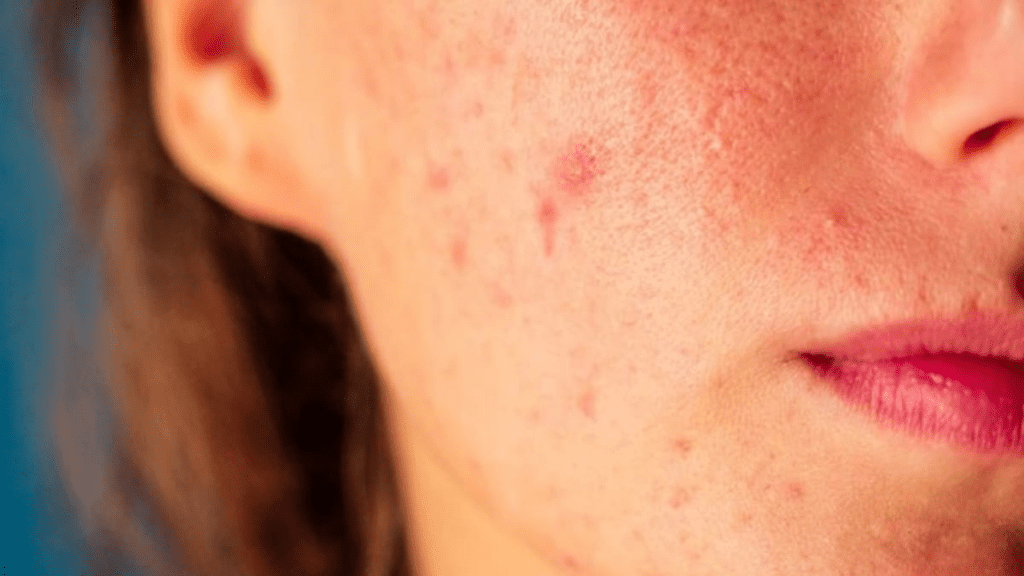Understanding Adult Acne: Causes, Treatments, and Prevention
Last Updated: September 11, 2025
While teen acne is often viewed as a rite of passage, more adults, particularly women in their 30s and 40s, are grappling with persistent breakouts. Adult acne can lead to more severe inflammation and lasting pigmentation or scarring, making it a widespread concern that requires targeted approaches for effective management.
The Rise of Adult Acne
Acne is no longer confined to the teenage years. Dermatologists are witnessing an increase in patients over 30 with acne issues. Unlike teenage acne, which typically resolves with time, adult acne can last longer with significant consequences:
- Inflammatory Nature: Adult acne tends to be more inflammatory.
- Difficult to Treat: It often leads to pigmentation and scarring that can be challenging to remedy.
Dr. Sudheendra Udbalker, a Senior Consultant in Dermatology, emphasizes that adult acne is transitioning from a temporary issue into a chronic condition that does not discriminate by age.
Why Are Adults Dealing with Acne?
Several factors contribute to adult acne, including:
- Hormonal Imbalances: Conditions such as menstrual fluctuations, PCOS, pregnancy, and perimenopause significantly influence breakouts.
- Modern Lifestyle Stressors: Irregular sleep patterns, processed foods, and high-stress environments are major contributors.
- Improper Skincare Habits: Using the wrong products or over-cleansing can disrupt the skin’s natural barrier, worsening the condition.
Dr. Pankaj Chaturvedi notes that stress, hormonal changes—including androgens—and certain medications, such as steroids, can further exacerbate acne. Furthermore, lifestyle choices such as obesity, lack of exercise, and consumption of fried or processed foods can increase inflammation and oil production.
The Emotional Toll of Adult Acne
Adult acne often impacts mental health more significantly than adolescent acne, as visible breakouts can emerge during crucial life moments, heightening self-consciousness and reducing confidence. Dr. Chaturvedi states that adults may delay seeking help since society often associates acne with teenagers, which may lead to long-lasting pigmentation and scarring.
Effective Treatments Beyond Topical Solutions
Fortunately, adult acne can be effectively managed through comprehensive treatment plans tailored to individual needs. Key strategies include:
- Personalized Skincare Routines: A combination of topical solutions and lifestyle changes can yield positive results.
- Medical Interventions: Dermatologists may recommend a diverse range of treatments such as:
- Topical retinoids
- Oral medications
- Hormonal therapy
- Chemical peels
Dr. Rashmi S emphasizes the importance of a customized treatment approach, stating that timely intervention and ongoing skincare routines can significantly reduce acne severity and improve skin clarity.
Prevention: A Lifestyle Choice
Preventative measures are as vital as treatment. Dermatologists suggest adopting practices that promote skin health, including:
- Regular Sleep: Ensures overall well-being and skin regeneration.
- Stress Management: Reducing stress levels can decrease hormone-induced acne.
- Balanced Diet: Consuming less refined sugar and processed foods can lower inflammation.
Conclusion
Healthy skin is often a reflection of overall health. Understanding that acne can persist or manifest at any age is crucial for adults to receive timely and effective care. By embracing a proactive approach to prevent and treat acne, individuals can achieve clearer skin and regain confidence.
For more insights and tips on skin health, visit Healthline or WebMD.
Make sure to stay updated on the latest advancements regarding health and wellness for a balanced lifestyle.


